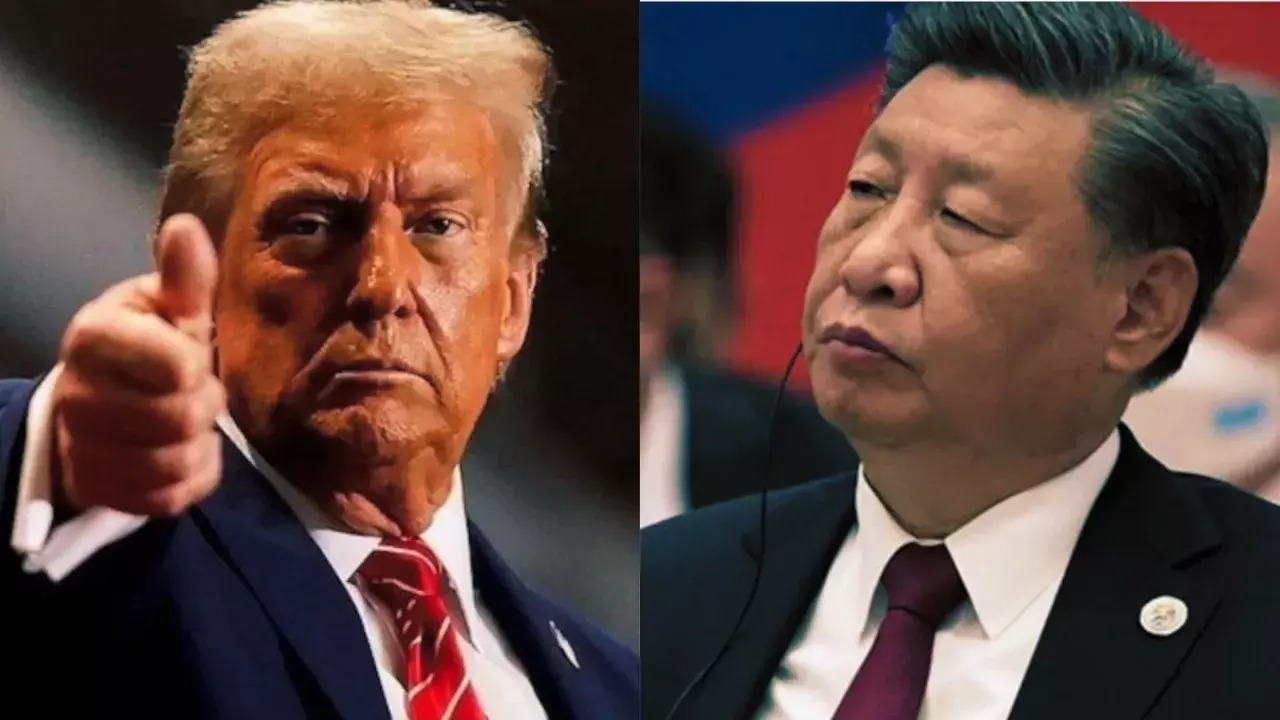TRENDING TAGS :
De-escalation In Tariif War : US and China Strike Deal
The deal, finalized after two days of high-level talks in Geneva, aims to restore trade stability between the world’s two largest economies.
Geneva. The United States and China have agreed to significantly reduce reciprocal tariffs for 90 days, marking a critical step toward de-escalating a trade war that has disrupted global markets and supply chains. The deal, finalized after two days of high-level talks in Geneva, aims to restore trade stability between the world’s two largest economies.
US Treasury Secretary Scott Bessent announced that the US will lower its tariffs on Chinese imports from 145% to 30%, while China will reduce its levies on US goods from 125% to 10%. Both sides will suspend additional tariffs—24% for the US and 91% for China—for the next 90 days, according to statements from the Chinese commerce ministry. “We would like to see China more open to US goods,” Bessent said, emphasizing the need for fair trade practices.
The agreement follows intense closed-door discussions between Bessent, US Trade Representative Jamieson Greer, and Chinese Vice Premier He Lifeng. He described the talks as “candid, in-depth, and constructive,” noting that they laid the foundation for resolving differences through dialogue. The two nations have also committed to establishing a “trade consultation mechanism” to facilitate ongoing negotiations, with He Lifeng leading China’s efforts and Bessent and Greer representing the US.
The trade war, intensified by President Donald Trump’s imposition of 145% tariffs in April 2025 and China’s retaliatory 125% duties, had brought nearly $600 billion in bilateral trade to a standstill. China’s additional restrictions on rare earth exports critical for US manufacturing further strained relations, creating what Bessent called “the equivalent of an embargo.” The standoff disrupted global supply chains, prompted layoffs, and raised fears of a global recession.
Markets react positively
Global markets reacted positively to the announcement. Hong Kong’s benchmark index surged 3%, and S&P 500 futures rose by a similar margin, reflecting investor optimism about reduced trade tensions. “This is a significant step forward,” said Ngozi Okonjo-Iweala, director-general of the World Trade Organization, urging both nations to build on this momentum.
Analysts, however, caution that the deal is temporary and incomplete. The agreement does not address underlying issues like the US’s $1.2 trillion trade deficit or China’s mercantilist economic policies, which the Trump administration views as a national security concern.
The talks, hosted by Switzerland, marked the first face-to-face meeting between senior US and Chinese officials since Trump’s tariff blitz began in February 2025. President Trump hailed the deal as a “total reset” on social media, stating, “Many things discussed, much agreed to.” However, experts warn that sustained progress will require politically sensitive reforms on both sides.
As the 90-day suspension period begins, businesses worldwide await further details, expected in a joint statement later today. The outcome of these negotiations could shape global trade dynamics for years to come, with both nations under pressure to avoid a return to crippling tariffs.


